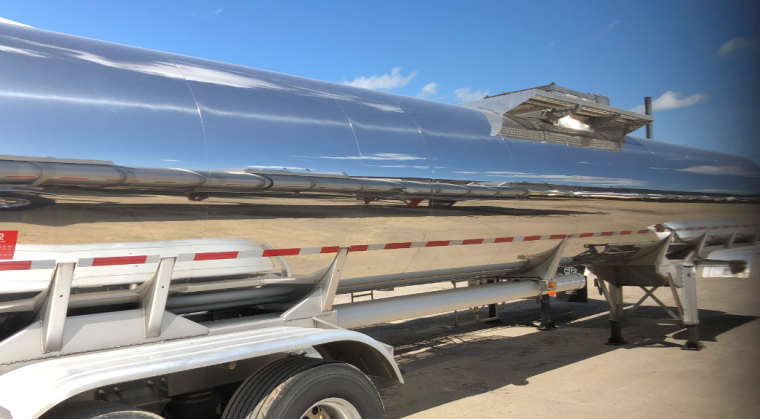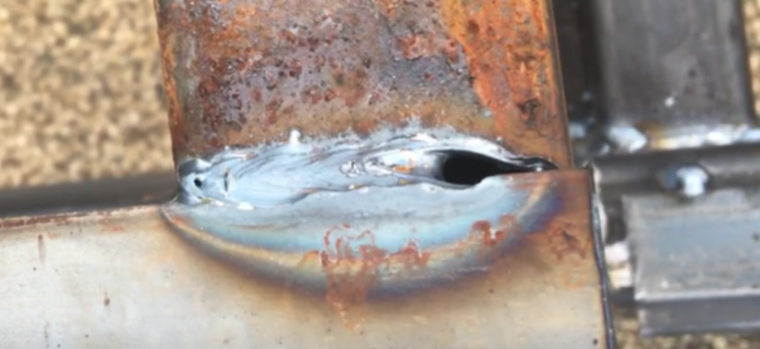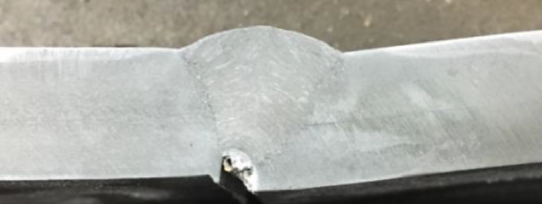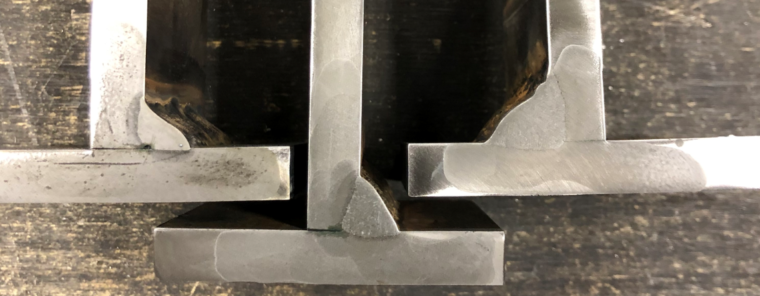Frequently Asked Questions About Prequalified Welding Procedures (Stainless Steel)
The following FAQ are related to 280 Stainless Steel Prequalified Welding Procedure Specifications. To learn more or to get your copy simply click here Is this a physical book? No. The welding procedures are provided as digital files (PDF) and are available for immediate download. The user has the option to print the files as many […]






